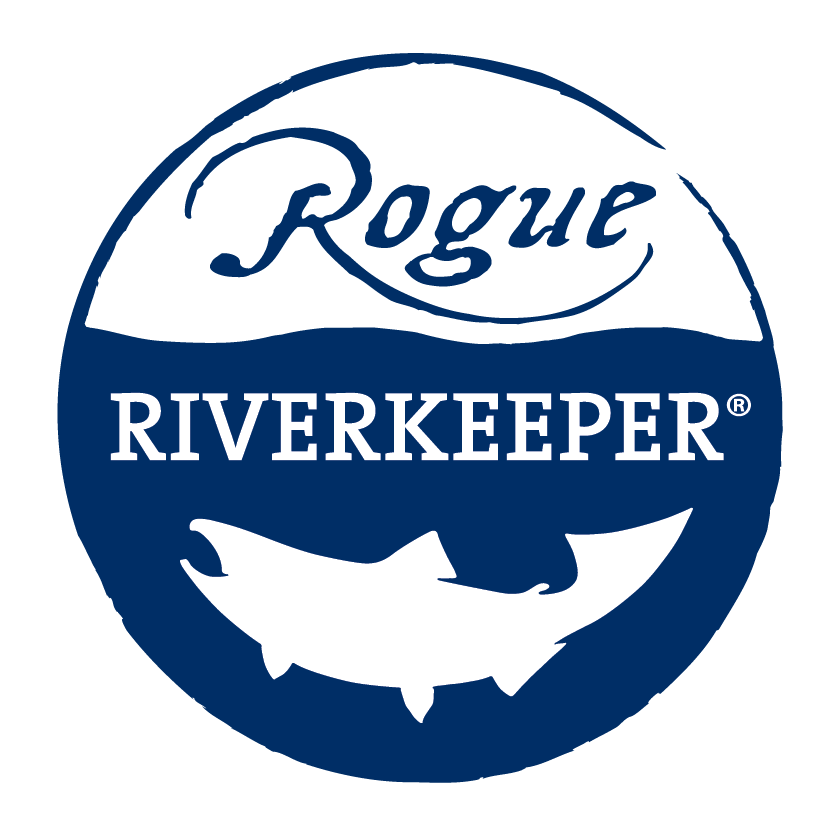Winter Update on the Jordan Cove LNG Project
On January 21st, the Oregon Department of State Lands (DSL) denied a request from Pembina, the Canadian company behind the Jordan Cove LNG project, to extend the agency’s decision on the project’s “removal-fill” permit.
Seeing the writing on the wall that this permit could be denied by the state, Pembina withdrew its application for the Jordan Cove LNG project on January 24th from DSL before the agency’s deadline to make a decision on the permit by January 31st.
What is the Oregon DSL removal-fill permit?
The removal-fill permit is a critical state permit that Pembina needs in order to construct the proposed fracked gas export terminal, dredge approximately 5 million cubic feet of sediment out of Coos Bay for LNG tankers, and construct a pipeline through and under hundreds of waterways in Southern Oregon. Under Oregon law, Oregon DSL can deny a removal-fill permit for projects that are not consistent with the protection, conservation, or best use of Oregon’s waters and that unreasonably interfere with navigation, fishing, or public recreation. The project cannot move forward without this state permit.
What does the Oregon DSL removal-fill permit withdrawal mean?
Pembina submitted their removal-fill permit application to DSL back in November 2018. The agency determined that the application was complete in December 2018 and held a series of public hearings in Klamath, Jackson, Douglas, and Coos Counties in early January 2019. Close to 3,000 people showed up to testify at these hearings, largely in opposition to the project. More than 50,000 public comments were submitted to DSL by the end of January 2019. Between January 2019 and January 2020, Pembina requested and received two deadline extensions from DSL to respond to substantive comments raised by the public.
The reality is that the company could now reapply for the same removal-fill permit.
However, the good news is that Oregon’s state agencies have made it clear that the tremendous impacts of this project are not consistent with the laws that protect our communities. In May 2019, Oregon Department of Environmental Quality (DEQ) denied the Clean Water Act Section 401 permit for the project with over 200 pages of detailed findings that the massive LNG export terminal and pipeline could not demonstrate that they would meet Oregon's clean water standards.
What’s next for the Jordan Cove LNG project?
Multiple federal, state, and local permitting processes are ongoing. In 2019, Rogue Riverkeeper and our partner organizations were leading the opposition! We submitted technical comments on:
The DSL removal-fill permit,
The Draft Environmental Impact Statement (DEIS) to the Federal Energy Regulatory Commission (FERC),
Supplemental comments on the Clean Water Act Section 404 permit application to the U.S. Army Corps of Engineers (USACE),
The Coastal Zone Management Act (CZMA) certification to the Oregon Department of Land Conservation and Development (DLCD),
Protests to the Bureau of Land Management (BLM),
Objections to the U.S. Forest Service (USFS), and
Comments on the Marine Mammal Protection Act to NOAA Fisheries, as well as other local, state, and federal processes.
Up next, we wait for FERC.
On February 13, 2020, we may see a decision from the Federal Energy Regulatory Commission (FERC) under the Natural Gas Act.
In November 2019, FERC released the Final Environmental Impact Statement (FEIS) for the project. Under the National Environmental Policy Act (NEPA), the FEIS is prepared by the federal agencies involved in reviewing the project to assess its potential impacts to the environment, from drinking water supplies to healthy forests. The FEIS does not address many of the deficiencies identified by Oregon DEQ in its denial of the Clean Water Act Section 401 permit.
In July 2019, multiple Oregon state agencies submitted more than 200 pages of comments identifying issues with FERC’s analysis.
In 2009, FERC released a similarly inadequate FEIS for that application round for the project, which the State of Oregon ultimately challenged under the Kulongoski administration for failing to address Oregon’s substantive concerns and threatening to overstep the state’s authority under the Clean Water Act.
We know that the fight is far from over. Our communities will continue to show up and speak out until this harmful project that puts our clean water at risk is stopped for good.
The State of Oregon has authority to stop the Jordan Cove LNG export terminal and Pacific Connector fracked gas pipeline, but Governor Brown and many of our state legislators still have not come out against it.
Can you help keep up the pressure on Governor Brown and our state agencies to stand up for our clean water and defend against the Jordan Cove LNG project?


